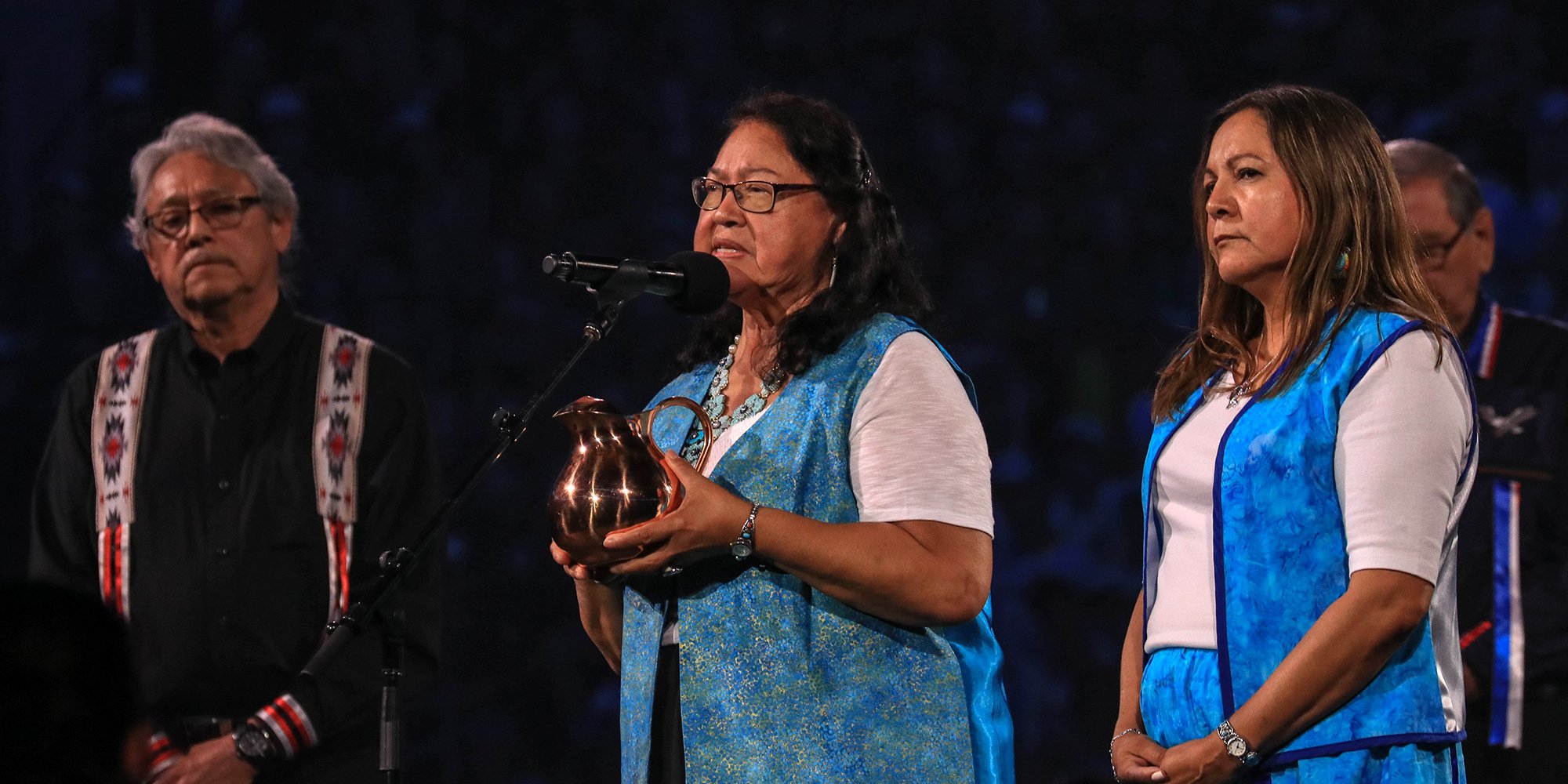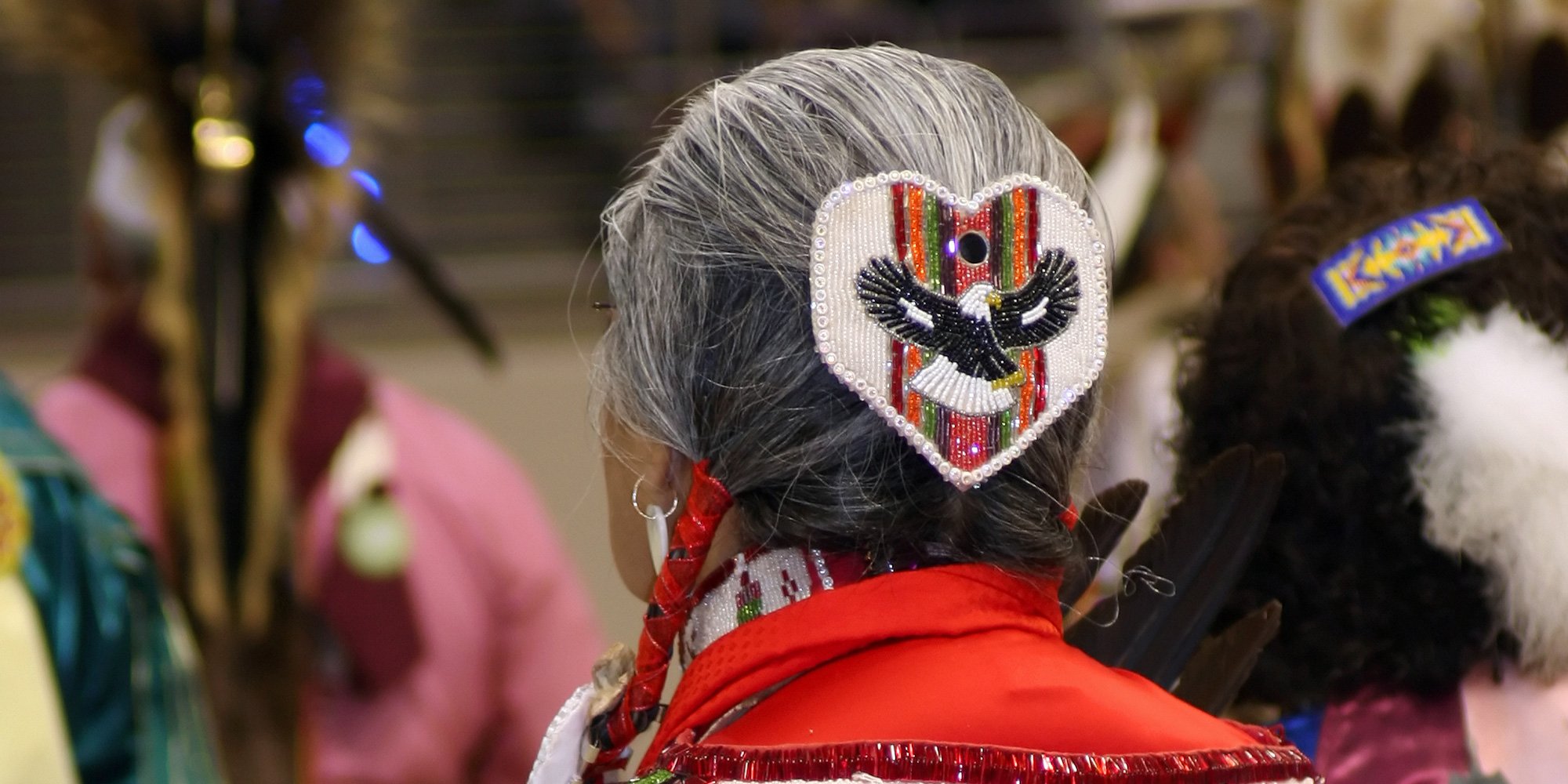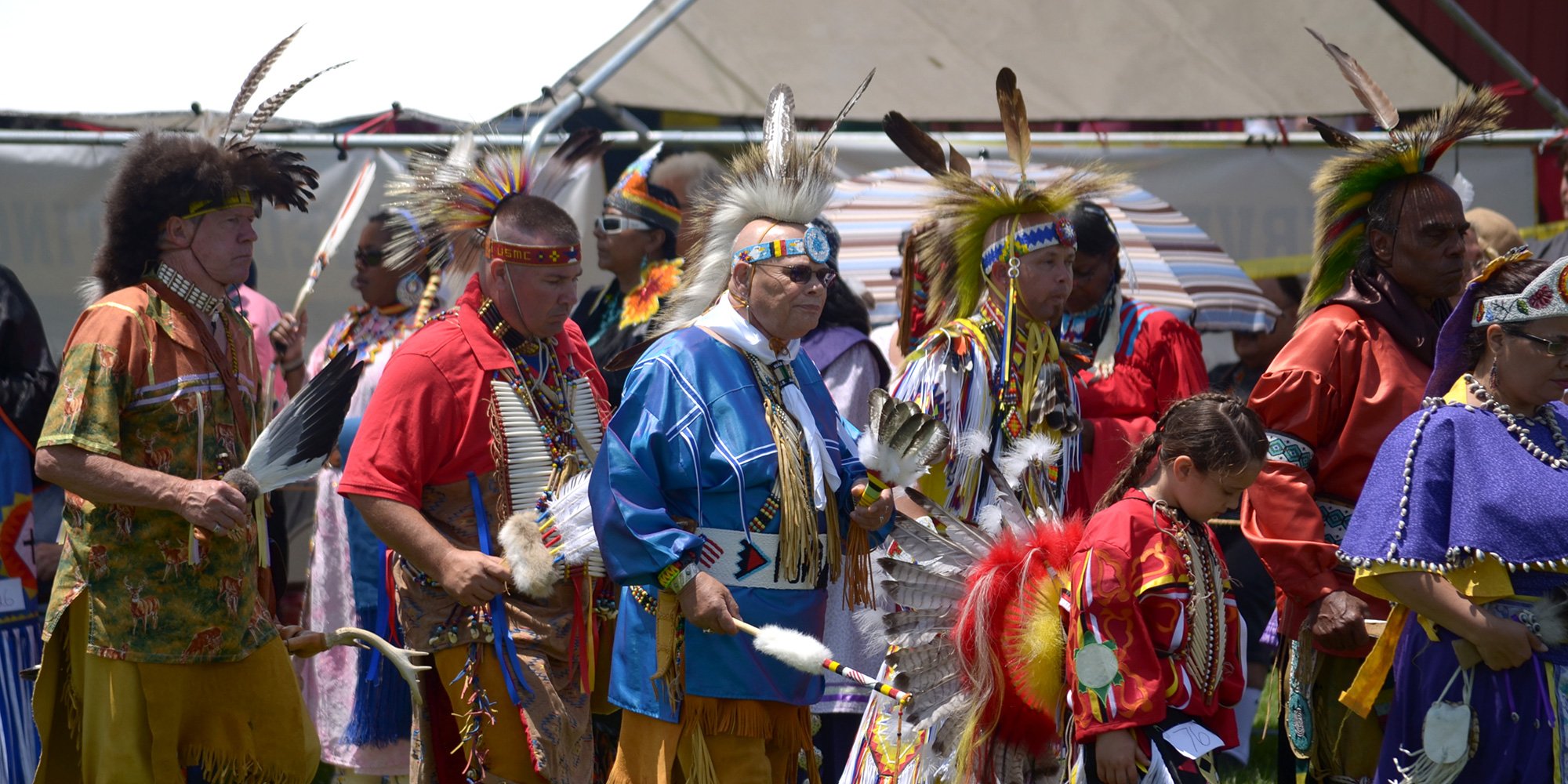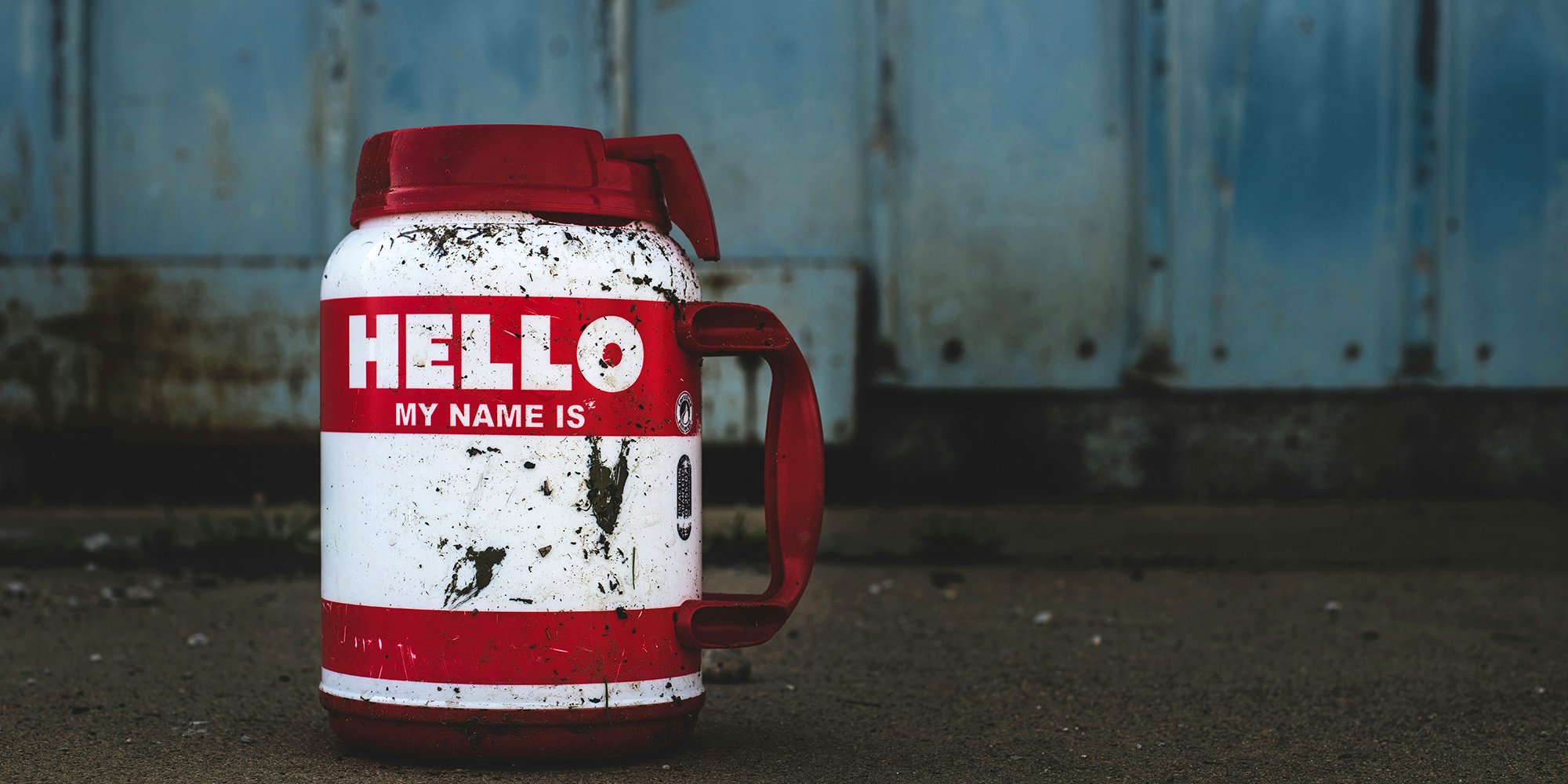Indigenous Elder Definition
In this article, we provide the definition of Indigenous Elder and answer some specific questions people ask us in our Working Effectively with...

The following First Nation Elder protocol question popped up in our inbox and we are really grateful for the opportunity to respond. We appreciate people taking the time to reach out to us with specific questions that will help them in their goal for respectful relationships with Indigenous Peoples.
It would be really good to have some tips/hints/info/training in the area of Elder protocols, as it is often can relate to our work, by giving us a better general understanding of some of the traditional processes of inviting and thanking Elders for their services/contributions in meeting, ceremonies, workshops, etc.
Elders are increasingly being asked to participate in protocol at the beginning of meetings and events. Here are some suggestions on how to extend an invitation to an Elder, appropriate honoraria, travel arrangements etc.
When contacting an Elder, remember that a phone call is better than a letter. Elders often rely more on the spoken word than the written word. Do not contact them months in advance and then leave it at that. Contact them again a few weeks in advance and then again a few days in advance. Be prepared that they may have to cancel due to community events or health issues. If that is the case, contact the community again and ask for their advice on inviting another Elder.
At the expected time of arrival, have someone at the front door of the building greet the Elder and their travelling companion. Do not assume that they will shake hands. As you are introducing yourself wait to see if they offer their hand. If they do, do not squeeze their hands - do not apply any pressure greater than what they provide; expect it to be a soft hand that you shake and you will be fine. Be sure to let the person who will be introducing and thanking the Elder know about hand-shaking considerations.
At large events consider having a quiet room where the Elder can prepare for the smudge or blessing, and rest after travelling or before returning to their home. Also, have a snack and a drink available upon their arrival or if it is midday or evening, plan to have a meal available.
During the ceremony, everyone stands, hats removed, heads’ bowed, hands by side or clasped in front. Don’t sit down until you are sure the Elder has finished speaking. Do not talk, text or take phone calls during the ceremony. Be in the moment and ask the group or audience to also be in the moment.
When the Elder has completed the ceremony, thank them and their companion. Ensure they are guided to the quiet room and offer the honoraria at that time, not in front of the audience/group. Once they are ready to make their way home, usher them to the front door and ensure their transportation is cued up.
If you are on a first-name basis with an Elder should you use it out in public? Use caution as people may not know you are on a first-name basis and may be offended by your use of the first name.
We hope this blog on Elder protocol is helpful for you. Did we miss anything? While we are on the topic of Elders, here's another article "First Nations Elders vs Senior".
And on the topic of whether or not to use first names, in Chief to Chief Negotiations we provide some suggestions on communicating with chiefs.
In our Indigenous Awareness and Working Effectively with Indigenous Peoples® training, I discuss protocols and so much more!
This article was originally posted on November 9, 2014.
Featured photo: Indigenous elders at the Opening Ceremony of the 2017 Canada Games. Photo: 2017 Canada Summer Games, Flickr.

In this article, we provide the definition of Indigenous Elder and answer some specific questions people ask us in our Working Effectively with...

This is an article about the impact words and communications have on the recipient. I've said it before and I'll keep on saying it, the words we...

According to Merriam-Webster, protocol is “a system of rules that explain the correct conduct and procedures to be followed in formal situations.”...